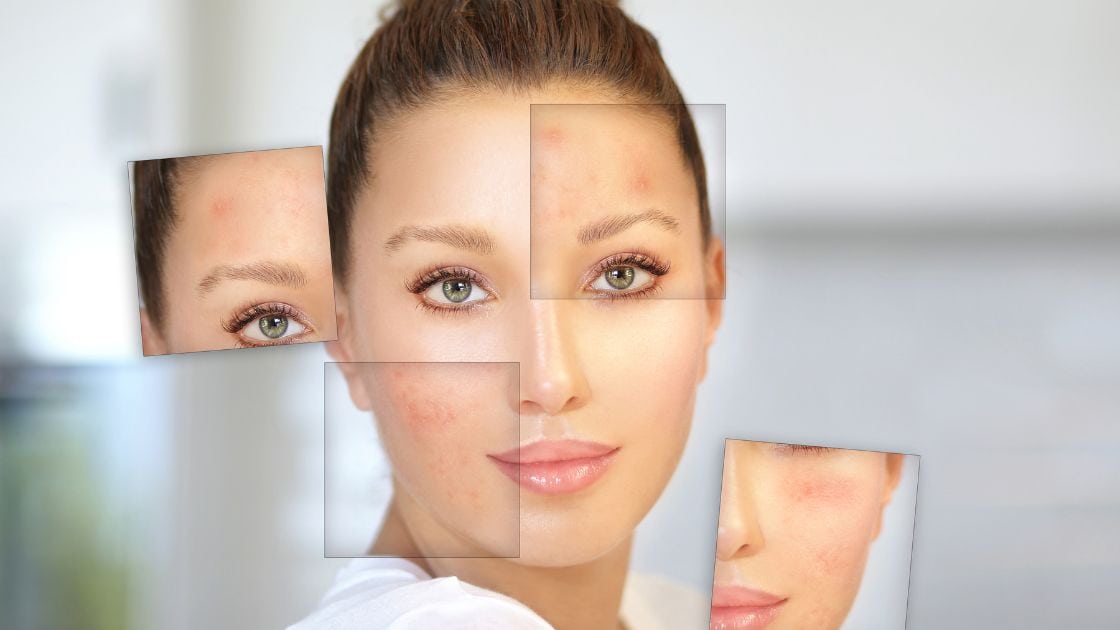Suffering from acne is a rather unpleasant situation for those who have it. Many teenagers and even adults who suffer from acne can become depressed. The good news is that you can reduce acne breakouts by changing a few habits. Keep reading and find out about some home remedies to treat acne and scars. You will see how your skin will improve by following these simple tips.
Acne Definition
Acne arises when oil and dead skin cells bind hair follicles. Most people must have experienced acne at some point in their life due to how common it is, especially in adolescence.
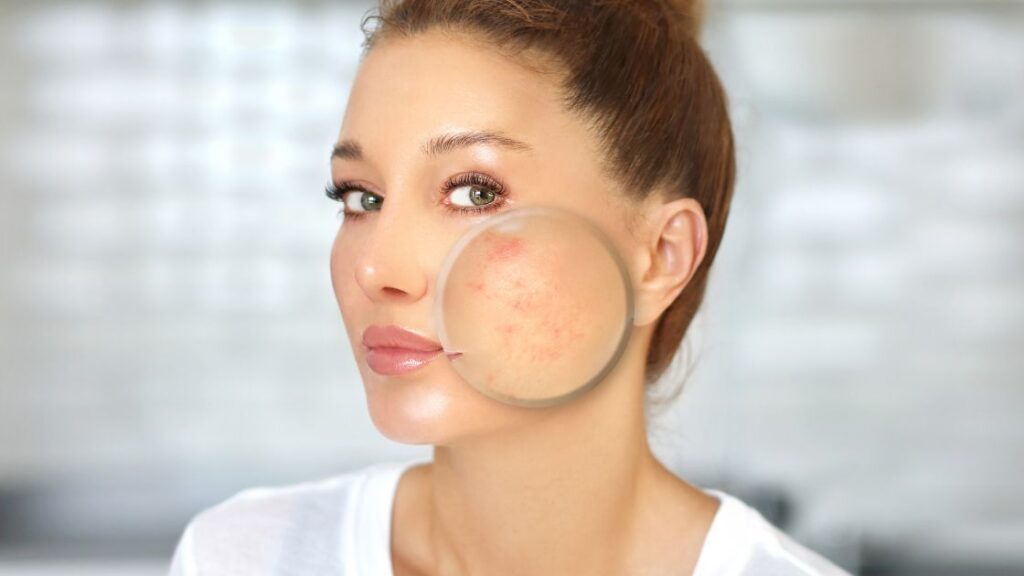
In severe cases, acne may be difficult to treat and frequently develops when least expected. The good news is that prescription and over-the-counter medications can both treat acne and help you from getting it again.
But not everything is wonderful. Acne medications commonly generate side effects. Most of these effects are noticeable on the skin, some of which are redness, discoloration, or dryness. These effects may disappear after several days. They are much more tolerable than how annoying and unsightly acne can be.
Top 9 remedies to treat acne and scars
Acne is a common problem, but that’s not why we have to live with it. Check these home remedies used to treat acne and prevent it.
Consume Zinc supplement
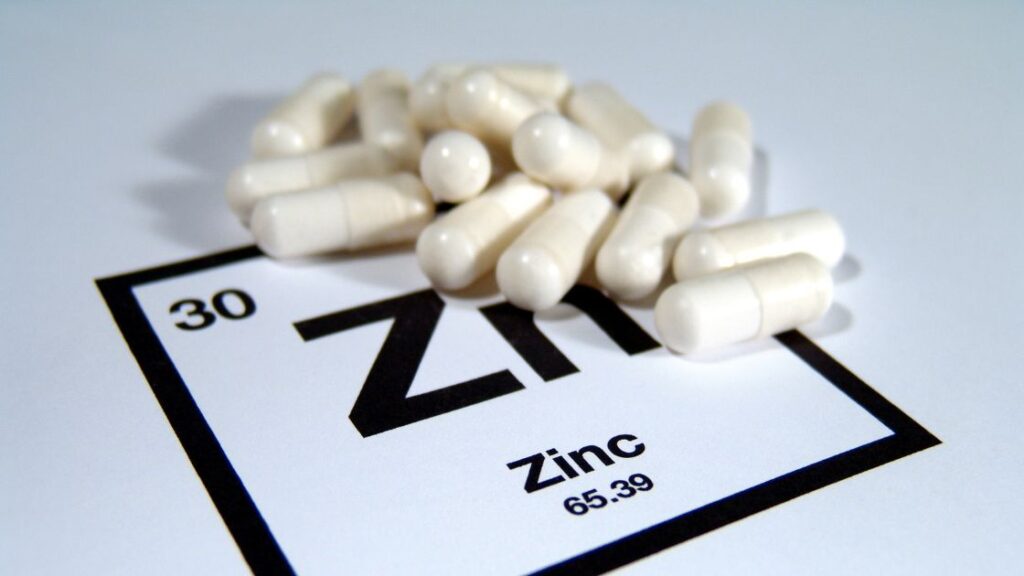
Zinc is generally recommended due to its anti-inflammatory properties to lessen redness and acne blemishes. However, better results can be expected by applying the dissolved pill topically.
Apply a honey mask to your skin

Thanks to its abundance of antioxidants, honey helps unclog pores. That is why it has been used to treat skin conditions for hundreds of years. Honey contains special antimicrobial qualities that could help with acne treatment.
Use tea tree oil
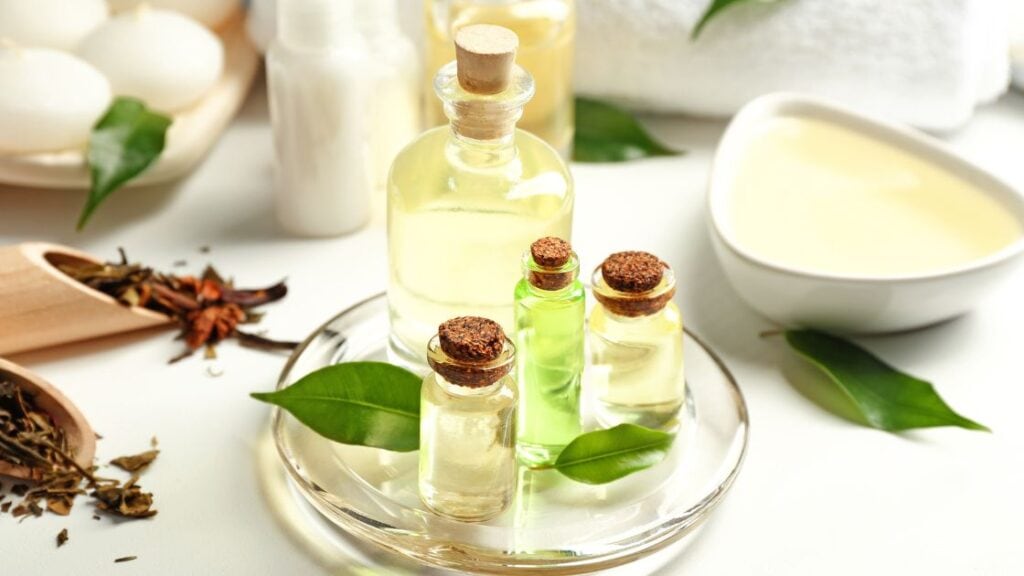
The bacteria that causes acne, Propionibacterium acnes, can be killed by tea tree oil. The anti-inflammatory properties of tea tree oil can also help decrease inflammation and redness from acne. Additionally, the antimicrobial qualities of products containing tea tree oil help lower the prevalence of acne lesions in people.
Include green tea
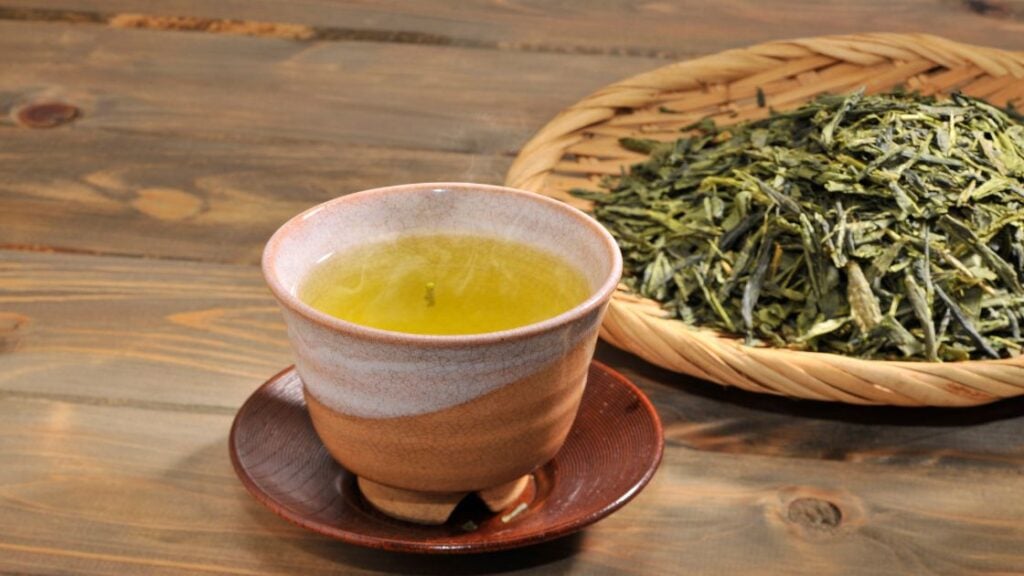
Some acne sufferers have clogged pores from having too much sebum and not enough antioxidants. Antioxidants help the body break down toxins and waste products that could damage healthy cells.
Green tea contains many catechins, a type of antioxidant polyphenol. Additionally, green tea compounds can reduce edema, P. acnes bacteria, and sebum production on the skin.
Use lemon juice
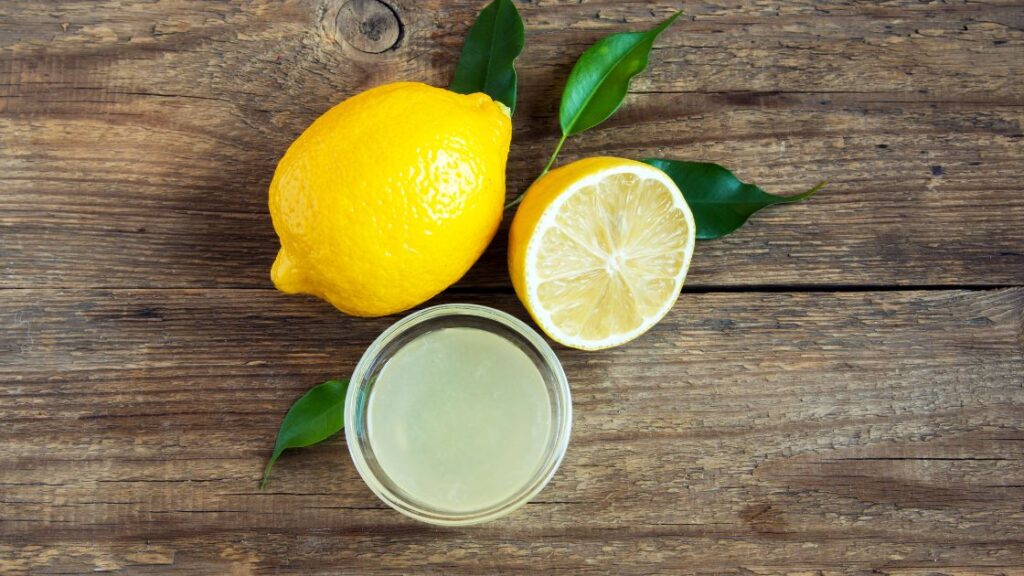
Sebum production has been proven to be reduced by citric acid, which also reduces the oiliness of the skin. Furthermore, it has antiseptic characteristics and is capable of killing P. acnes bacteria and other acne-causing bacteria.
Apply an aloe vera moisturizer to your skin
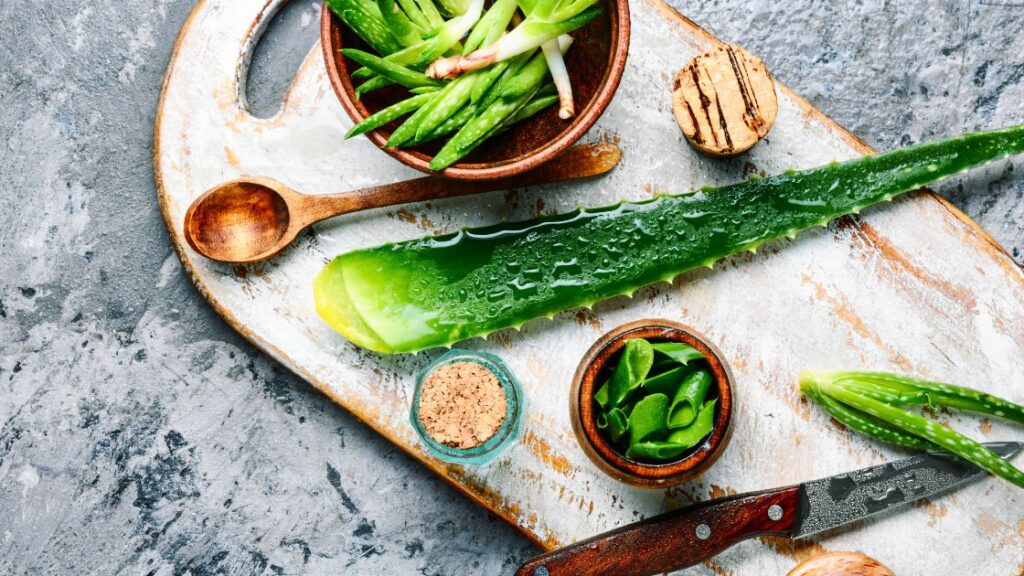
The natural antibacterial and anti-inflammatory properties of aloe vera can help reduce acne and stop breakouts.
Because it includes sugar molecules, amino acids, and zinc, aloe vera is an excellent moisturizer and skin protectant. This gel is particularly best for those who experience dry skin after using acne treatments.
Pay attention to your diet
The glycemic index (GI) of a food is a measure of how quickly blood sugar levels are raised by that food. High GI diets increase insulin levels, which is likely to increase sebum production. As a result, high GI foods can directly affect the appearance and severity of acne. The low-glycemic dieters had lower levels of insulin-like growth factor-1 (IGF-1), a crucial hormone for the onset of acne.
Try to reduce stress

According to the American Academy of Dermatology, stress may play a role in acne breakouts. Stressful situations cause an increase in androgens. Androgens stimulate hair follicles and sebaceous glands in the pores, increasing the risk of acne.
Here are some ideas to reduce stress:
- Talk to close friends, family, a doctor, or other people who comfort you
- Eat a healthy and balanced diet
- Work out
- Get enough sleep
- Refrain from consuming too much alcohol and caffeine
- Practice yoga, meditation, or deep breathing
Make use of apple cider vinegar
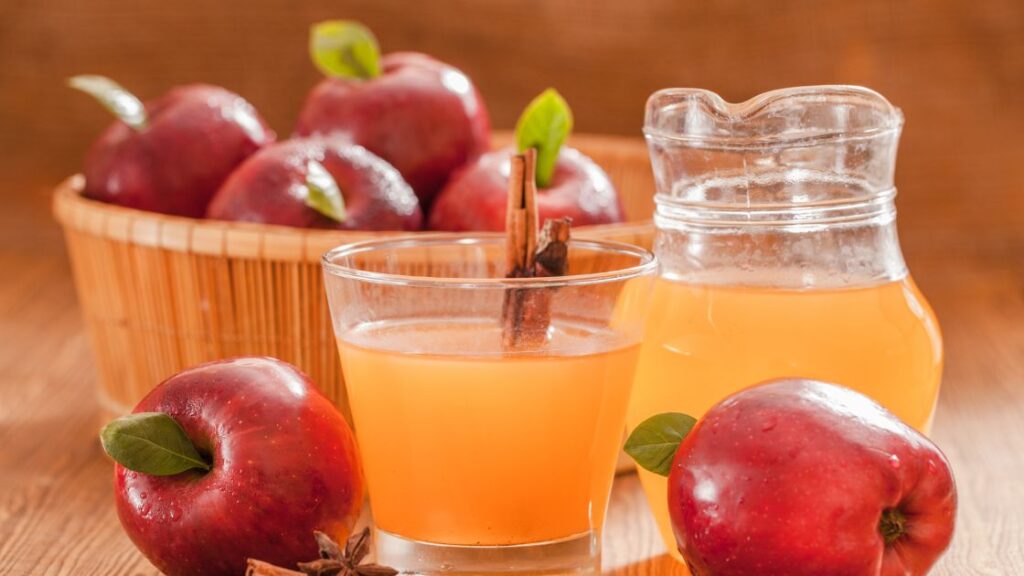
The lactic acid in apple cider vinegar can make acne scars less noticeable. Although some of its ingredients may be beneficial, there is currently no evidence to support the use of apple cider vinegar to treat acne.
Acne and scars prevention
Keep your face clean
Wash your face frequently to get rid of excess oil, grime, and perspiration. This helps prevent pimples.
Apply moisturizer
Even if you have acne, it’s important to keep your skin moist. The skin generates oil to counteract its dryness, however, this oil production might result in an excess of sebum and clogged pores.
Don’t overload your face with makeup
Makeup can clog pores and cause breakouts when used excessively and frequently. To prevent irritating your skin, if you choose to use cosmetics, make sure it is fragrance- and comedogenic-free. Take off very well all of your makeup, especially before bed.
Limit your exposure to the sun
Many people claim to see relief in their acne when exposed to the sun. But this is only in the short term, in the long term the acne will get worse. Exposure to the sun facilitates the clogging of pores and each grain is a pore that is clogged. So if you want to keep your skin clean and free of pimples, take precautions when exposing yourself to the sun.
Avoid popping pimples and comedones
By popping pimples and comedones you run the risk of infection, severe scarring, or bleeding. By further irritating and clogging adjacent pores, you can make your acne problem worse.
Don’t touch your face frequently
You risk transferring pore-clogging germs and contaminants by touching your face. To prevent the spread of acne, keep your hands away from your face.
When should I visit a Dermatologist?
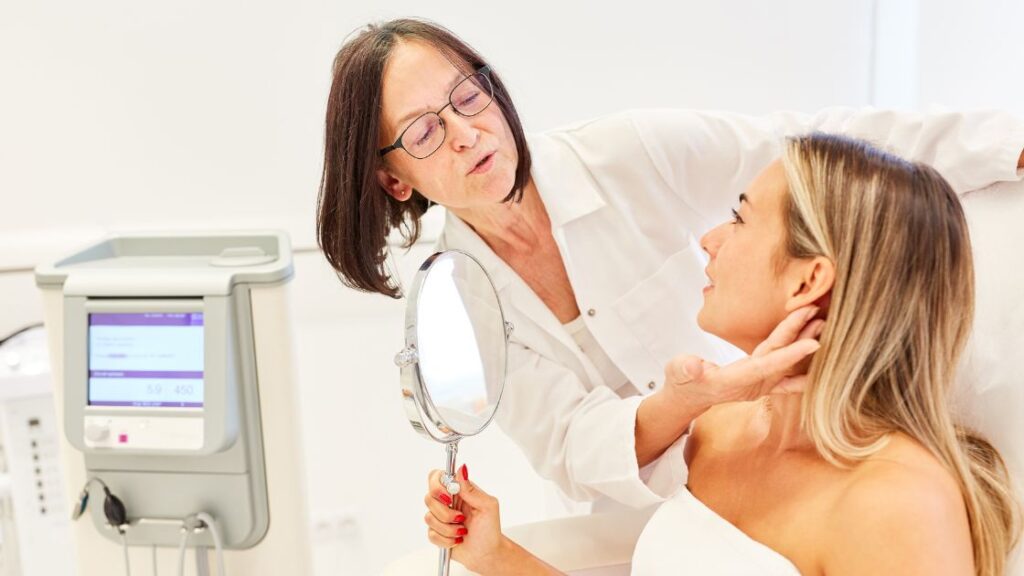
The above recommendations can help you a lot to treat acne. But when acne becomes moderate or severe, it’s a good idea to talk to a dermatologist. There are drug treatments available for these types of acne. However, a dermatologist is the one who can prescribe the best antibiotics according to each particular case.
If any of the following scenarios are happening to you, it may be time to see a doctor:
- You have tried several home remedies on your own but you do not see results
- You have severe acne that has penetrated deep into the skin
- Recurring breakouts accompany acne that has been present for years
- Having acne on the thighs or upper arms
- If you only have a mild case of acne but don’t want it to spread all over your face or skin.
A face free of acne and scars
The homemade recipes for acne that we have taught you here are very effective. However, not all treatments will work the same way for everyone. Some may be very effective for some people and not so effective for others. Always get medical advice before trying natural remedies for severe, persistent, deep, or painful acne lesions. If minor acne lesions don’t heal after obtaining primary care or if they continue to deteriorate, consult a doctor.

I am a professional health and nutrition writer with extensive experience in the industry. My passion for sharing valuable insights on nutrition and wellness stems from over 15 years of personal training and maintaining a healthy lifestyle. My commitment to continuously educate myself on the latest trends and research in the field allows me to deliver high-quality content that is informative and engaging. My mission is to empower individuals to make informed decisions about their health and well-being through my writing.
